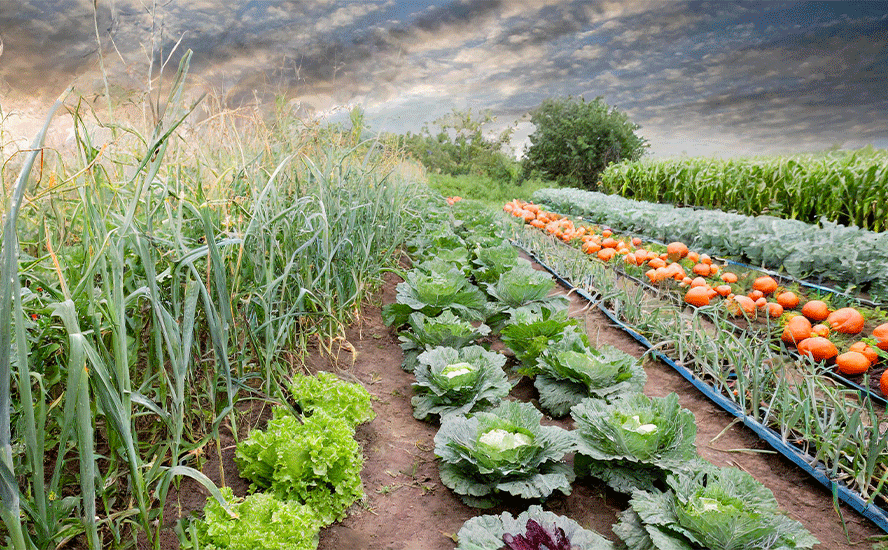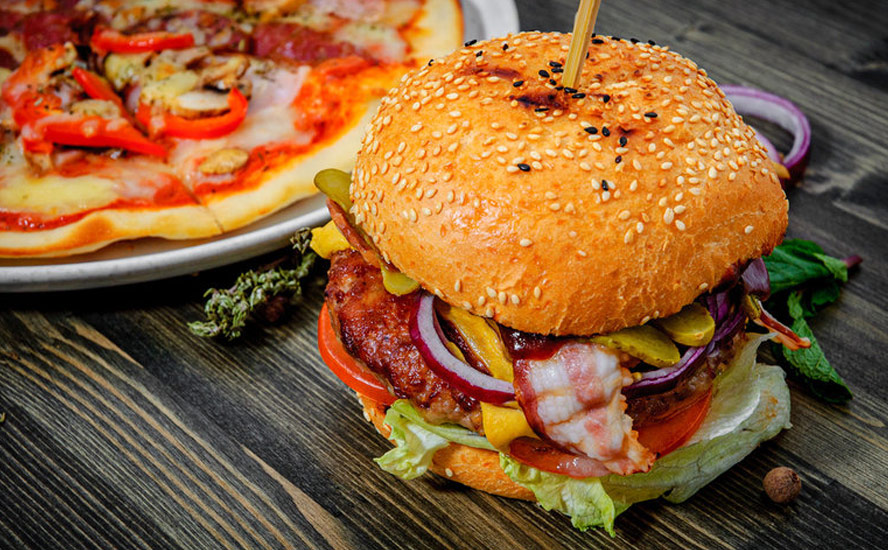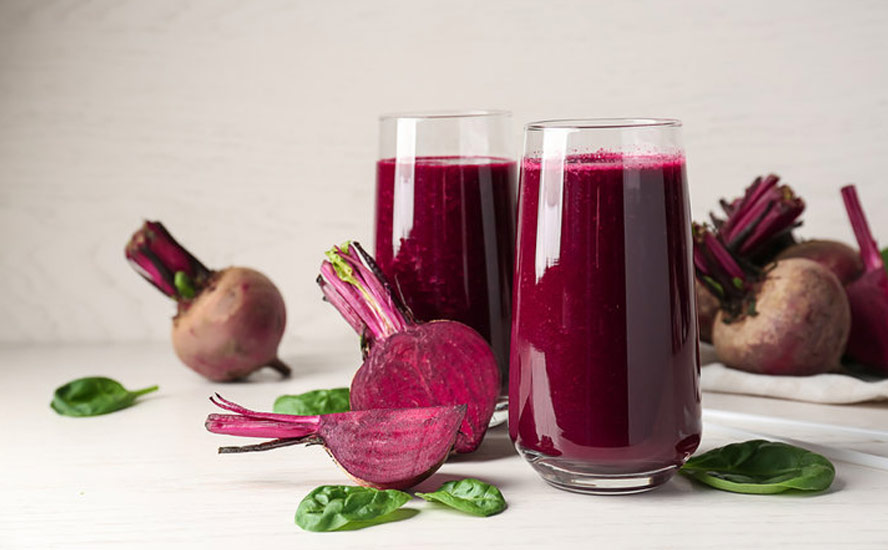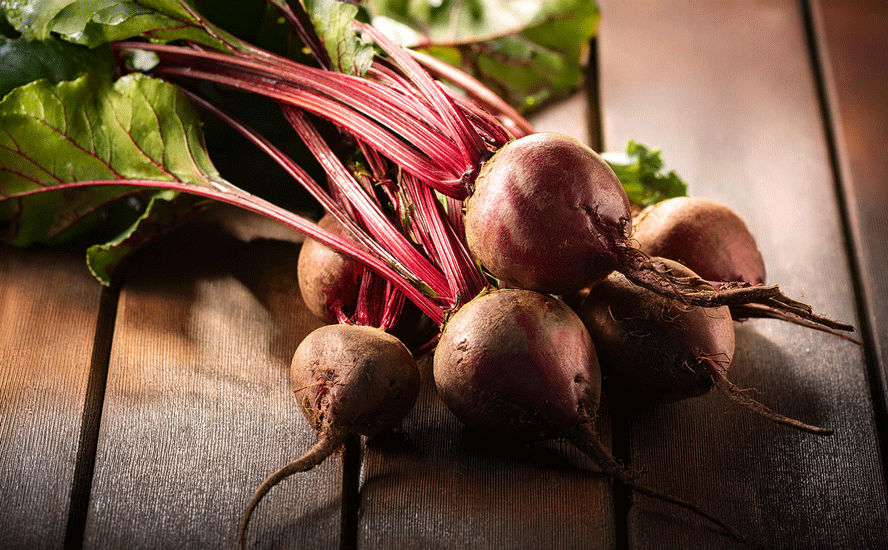Farmers’ markets are a vital but overlooked part of fixing Canada’s struggling food system
By Phoebe Stephens & Alyssa K Gerhardt – The Conversation
Since the onset of the pandemic, food prices have remained stubbornly high, even as grocery chains have made record profits. This has fuelled public frustration with so-called “greedflation”— a term describing large corporations raising their prices during times of crisis.
In response, Canada’s Competition Bureau has made the case for more grocery retail competition, recommending policies from the creation of a grocery innovation strategy to welcoming more international players and enacting consistent pricing legislation.
Absent from this policy conversation, however, is the role of local alternative food networks, like farmers’ markets, in supporting more resilient food systems. We currently have an incomplete picture of food price dynamics in Canada because of a research gap.
Legal Notice / Disclaimer
Ahead of the Herd newsletter, aheadoftheherd.com, hereafter known as AOTH.Please read the entire Disclaimer carefully before you use this website or read the newsletter. If you do not agree to all the AOTH/Richard Mills Disclaimer, do not access/read this website/newsletter/article, or any of its pages. By reading/using this AOTH/Richard Mills website/newsletter/article, and whether you actually read this Disclaimer, you are deemed to have accepted it.
Share Your Insights and Join the Conversation!
When participating in the comments section, please be considerate and respectful to others. Share your insights and opinions thoughtfully, avoiding personal attacks or offensive language. Strive to provide accurate and reliable information by double-checking facts before posting. Constructive discussions help everyone learn and make better decisions. Thank you for contributing positively to our community!
3 Comments
Leave a Reply Cancel reply
You must be logged in to post a comment.





























#greedflation #farmersmarkets
Interesting article. Competition is more likely the remedy than more government policies. Unless those policies specifically eliminate barriers, so others are able to penetrate the marketplace. Greed is real, but I am not sure about consistent price legislation. I believe I properly termed it. Is that a euphemism for price controls? Do not go down that road. It is remarkable to me that little to no attention is given to the seemingly endless creation of fiat money since the pandemic. I think that is a major source of the difficulties being experience today with all this price inflation. There is a lot of money sloshing around out there, still, and people are paying what is marked on the price tag until they decide not to, or cannot. Of course, this makes matters much worse for those who can least afford it especially when an item is considered an essential. I would love to see a Renaissance in rural farming, the local roadside vegetable stand, and the farmers market. I also feel fortunate being able to buy a pineapple in the northern hemishere during the winter season. Allowing more players in the marketplace and encouraging competition is the most reasonable approach in addressing these elevated pricing issues, but the first priority should be to restore some semblance of monetary discipline and responsibility.
“I would love to see a Renaissance in rural farming, the local roadside vegetable stand, and the farmers market.”
100% agree, use to be a pleasant drive thru BC’s Okanagan and stop by all the road side fruit and vegetable stands. Rick